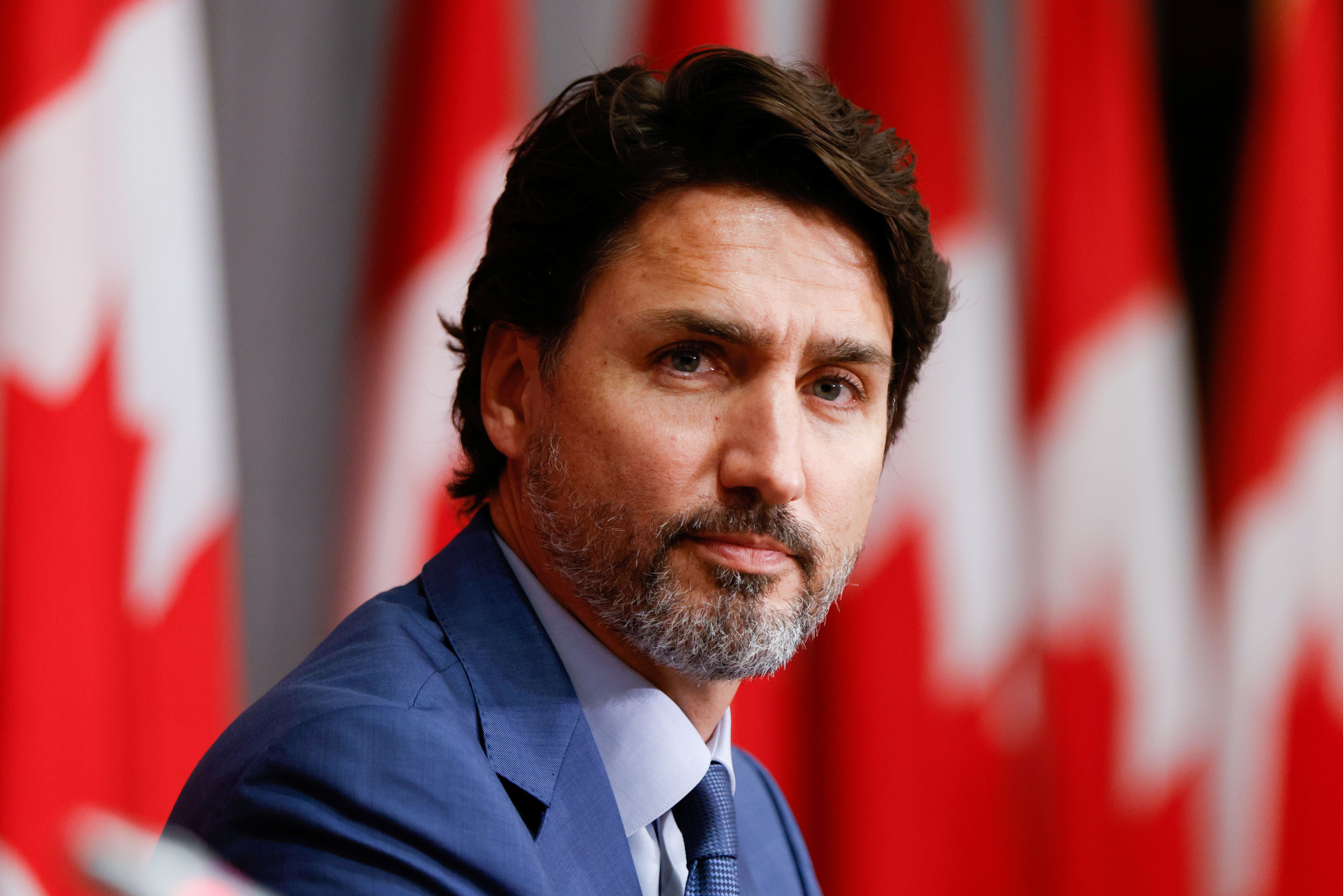October 07, 2020
Canadian government survives confidence vote: Against the backdrop of intense political discord and an ethics controversy that caused his approval ratings to plummet in recent months, Canadian Prime Minister Justin Trudeau's Liberal government will live to see another day after surviving a confidence vote in parliament. Building on a "bold" plan for Canada's post-pandemic revival delivered last month (which many analysts criticized as lacking sufficient detail), Trudeau presented his plan for economic and social recovery — including the creation of 1 million new jobs in the near term — in what's called a parliamentary "Throne Speech." After some political wrangling, his minority Liberal government held on after a 77-152 vote, avoiding a snap election thanks to the support of the left-leaning New Democratic Party. A string of ethics scandals (in which the PM was found to have violated federal conflict of interest rules) has cratered support for Trudeau, a former darling of the center left. We're watching to see whether his ambitious recovery initiative will also steer Trudeau's own political bounce back.
Mali post-coup sanctions lifted: The Economic Community of West African States (ECOWAS) has removed the border and trade sanctions placed on Mali in the wake of the August 5 coup, a day after the ruling junta appointed a 25-member transitional government led by the former defense minister that will call elections within 18 months. The move represents an about-face for the regional economic power bloc, which initially made lifting the crippling sanctions contingent on a full transition to civilian rule but acquiesced to military officials taking over key roles, likely to prevent jihadists from filling the power vacuum by taking over parts of the country like they did right after another coup eight years ago. ECOWAS recognition and lifting of the sanctions are big wins for the junta leaders, who can now claim legitimacy for their uprising and resume business with neighboring countries. We're keeping an eye on the new government's ability to restore stability to post-coup Mali, which still grapples with worsening security (a problem affecting the entire Sahel), an ailing economy, and rampant corruption.
Trump's mixed signals on US stimulus: Hours after Donald Trump announced that his administration would not pursue another round of coronavirus relief legislation (which would, among other things, give cash to hard-hit Americans) until after the November election (if he is reelected), the US President walked back his original tweet, urging Democrats and Republicans to agree on a relief package for US airlines, small businesses, as well as direct payments to individual Americans. In response to the flip-flop, the US stock market tanked and later bounced bank, while both parties were left confused about how to move forward. It's unclear why Trump appeared willing to risk further hurting US businesses — and workers — to boost his reelection odds by gambling the stimulus deal on his (unlikely) victory. Either way, it appears that Congressional Republicans might have convinced the president to backtrack after the Federal Reserve chair Jerome Powell warned of dire economic consequences if an aid package is not passed — and fast. Meanwhile, negotiations remain deadlocked. Will there be a breakthrough before November 3?More For You
- YouTube
Ian Bremmer breaks down a sudden and serious transatlantic crisis: President Trump’s insistence that the United States must have sovereignty over Greenland.
Most Popular
Tractors drive on the N-403 towards Zafra during a rally on 16 January 2026 in Badajoz, Extremadura (Spain).
Photo by Javier Cintas/Europa Press/ABACAPRESS.COM
The US is criticizing a new EU trade deal with South America’s Mercosur bloc, saying it unfairly favors European farmers at the expense of American importers.
Think you know what's going on around the world? Here's your chance to prove it.
At this year's World Economic Forum in Davos, Switzerland, our Global Stage panel discussion will examine the growing infrastructure around AI, how countries are tackling AI adoption, and the ways in which local and supranational industries might benefit from this rapidly accelerating technology. Watch the live premiere on Wednesday, January 21st at 12PM ET/6 PM CEST at gzeromedia.com/globalstage
© 2025 GZERO Media. All Rights Reserved | A Eurasia Group media company.
